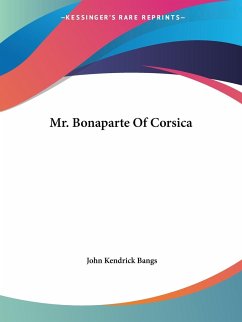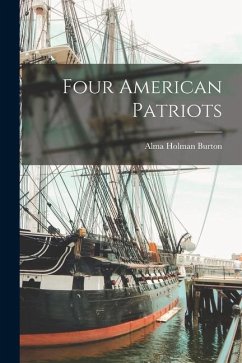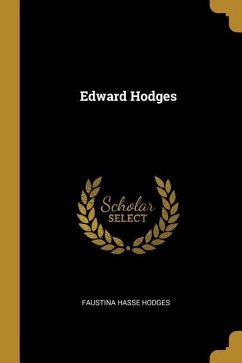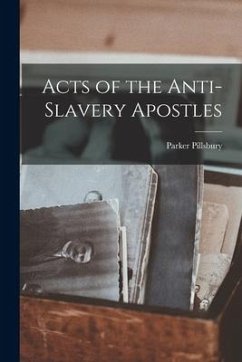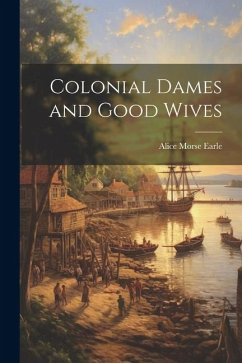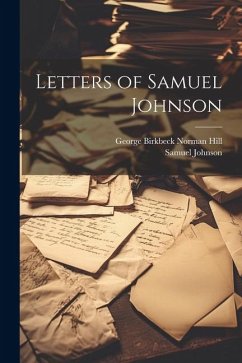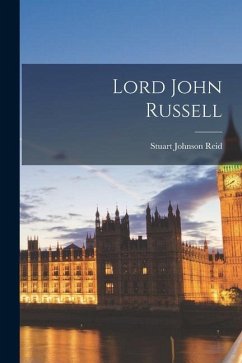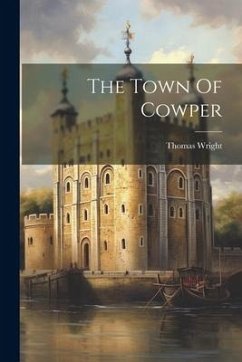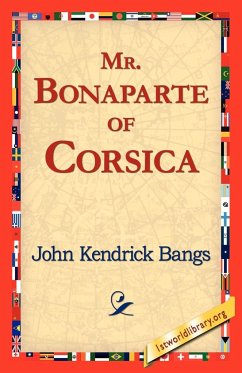
Mr. Bonaparte of Corsica
Versandkostenfrei!
Versandfertig in 1-2 Wochen
13,99 €
inkl. MwSt.
Weitere Ausgaben:

PAYBACK Punkte
7 °P sammeln!
Napoleon's father, Charles Bonaparte, was the honored progenitor of thirteen children, of whom the man who subsequently became the Emperor of the French, by some curious provision of fate, was the second. That the infant Napoleon should have followed rather than led the procession is so foreign to the nature of the man that many worthy persons unfamiliar with the true facts of history have believed that Joseph was a purely apocryphal infant, or, as some have suggested, merely an adopted child; but that Napoleon did upon this occasion content himself with second place is an incontrovertible fac...
Napoleon's father, Charles Bonaparte, was the honored progenitor of thirteen children, of whom the man who subsequently became the Emperor of the French, by some curious provision of fate, was the second. That the infant Napoleon should have followed rather than led the procession is so foreign to the nature of the man that many worthy persons unfamiliar with the true facts of history have believed that Joseph was a purely apocryphal infant, or, as some have suggested, merely an adopted child; but that Napoleon did upon this occasion content himself with second place is an incontrovertible fact. Nor is it entirely unaccountable. It is hardly to be supposed that a true military genius, such as Napoleon is universally conceded to have been, would plunge into the midst of a great battle without first having acquainted himself with the possibilities of the future.




